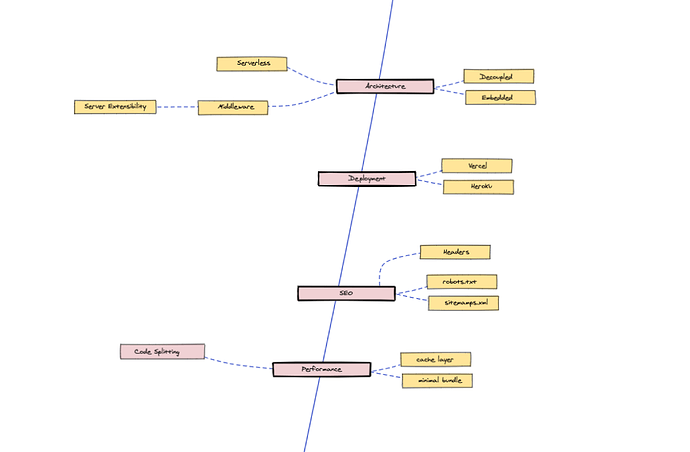Hi!
Following up on Yoast SEO don't show keyword And indexing question , also as Javier Lorente wrote me asking about related questions (images URLs, sitemaps, etc.), and given that you made some progress with new features (comments, integration with Yoast, and probably more things I’m not aware of), maybe we should do a bit of catch up to see what the situation is regarding SEO
As more people try the framework, I think it should be clear/documented what is done by default, what can be done easily by users to improve the default configuration, and what is not possible/easy to do right now, regarding SEO
For example, in my specific case, I would like to try Frontity on my travel blog but haven’t done it yet because:
- I have a rating plugin that allows people to rate each post and get more visibility in Google’s search results with a markup using that rating, which I’m not sure if can be easily replicated with Frontity
- Comments are a must (will try them locally now that they are supported)
- Fear of not being able to change / implement something (as I’m not a developer, I know I can do almost anything using wordpress+themes+plugins, but I think it’s not that easy in Frontity)
- I’m also not sure if there is any other aspect that can impact SEO negatively happening right now.
Let me know if you need anything regarding this.




